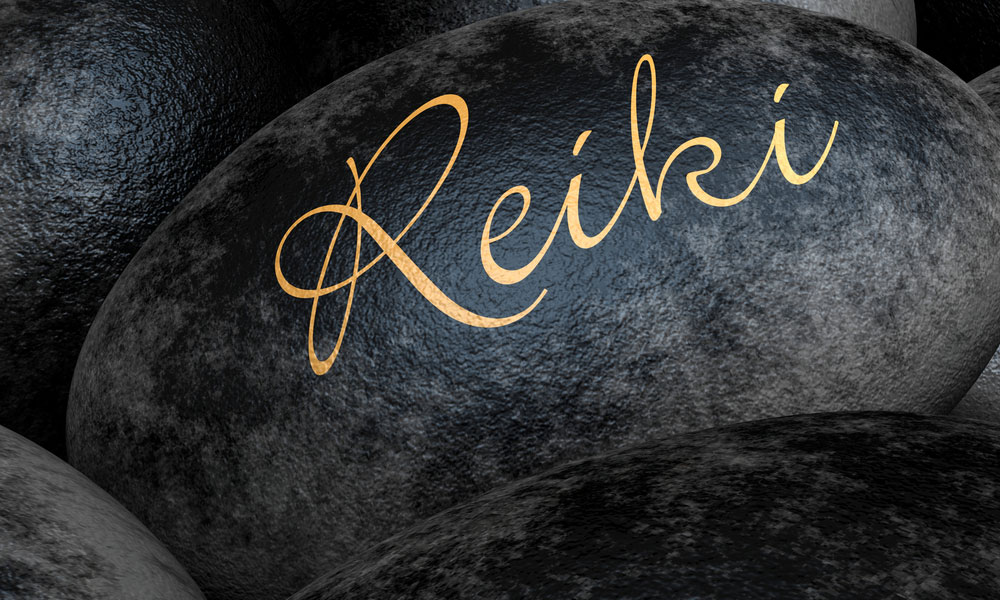“Just for today, I will not anger.
Just for today, I will not worry.
Just for today, I will be grateful for all my blessings.
Just for today, I will work with honesty and integrity.
Just for today, I will be kind to all living beings.”
– Mikao Usui –
What is Reiki?
Reiki is a complementary health therapy that dates back to the early 20th century and the teachings of Japanese monk Mikao Usui.
The word Reiki is made up of the Japanese word Rei which means “God’s Wisdom or the Higher Power” and the word Ki which means “life force energy”; it is the same energy involved in acupuncture and acupressure, tai chi exercise, and that in India is known as “prana.” So, Reiki stands for “spiritually guided life force energy.”
The basic idea held by Reiki practitioners is that this vital life force energy flows through our bodies and can stagnate as a result of physical injury or emotional trauma. Over time, such blockages can cause illness.
By placing their hands lightly on or just above a person, practitioners aim to restore the flow of energy and thereby support the body’s natural ability to heal itself. This, say practitioners, can enable relaxation, reduce pain, speed up healing, and promote emotional and physical well-being.
Reiki’s effectiveness is difficult to prove through scientific means. However, its popularity is increasing, with many people who receive Reiki saying it works. In 2014, over 60 hospitals were already believed to offer Reiki services to patients.
What are some conditions for which Reiki is used?
Reiki is used as complementary therapy for a number of conditions including cancer, anxiety, depression chronic pain, Chron’s disease and fatigue syndromes.
According to Cancer Research UK, cancer patients who receive Reiki claim they feel better after a session. This may be because it helps them relax and due to the soothing effect of a therapist spending time with them and touching them.
Reiki is also commonly used as a stress reduction and relaxation method.
What is a treatment like?
A Reiki treatment is best delivered in a calm and peaceful setting. The receiver will sit in a comfortable chair or lie on a treatment table, fully dressed.
There may be background music and the practitioner may choose to use essentials oils, both depending on the receiver’s preference.
The practitioner places their hands lightly on or over specific areas of the body, using different hand shapes, and the transfer of energy takes place. The practitioner’s hands may be warm and tingly. In addition to these sensations, the receiver may also see colors and images or recover memories.
Selecting a Reiki practitioner
In Lebanon, at present, there is no overall governing body to regulate and monitor qualifications and standards for Reiki practitioners. Therefore, it is best to select a practitioner who is recommended by someone you know and trust or by a medical professional.
Always ask the practitioner about their training, certifications, experience, and any references. Traditionally, there are three degrees of the practice, each building on the other and each outlining a unique, specific scope of practice.
Make sure you feel comfortable with the practitioner as (s)he will be in close physical contact with you for the duration of the treatment.
Is Reiki safe?
Reiki is considered to be generally safe, without side effects. It should not, however, be used to replace conventional medical care for a health issue. Anytime you have severe or long-lasting health issues, you should see a doctor. Also, always tell all your health care providers about any complementary health therapies you use to give them a complete picture of what you do to manage your health.
I invite you to experience the wonderful flow of glowing radiance and the sense of relaxation and feelings of peace, security and wellbeing that Reiki can provide.

